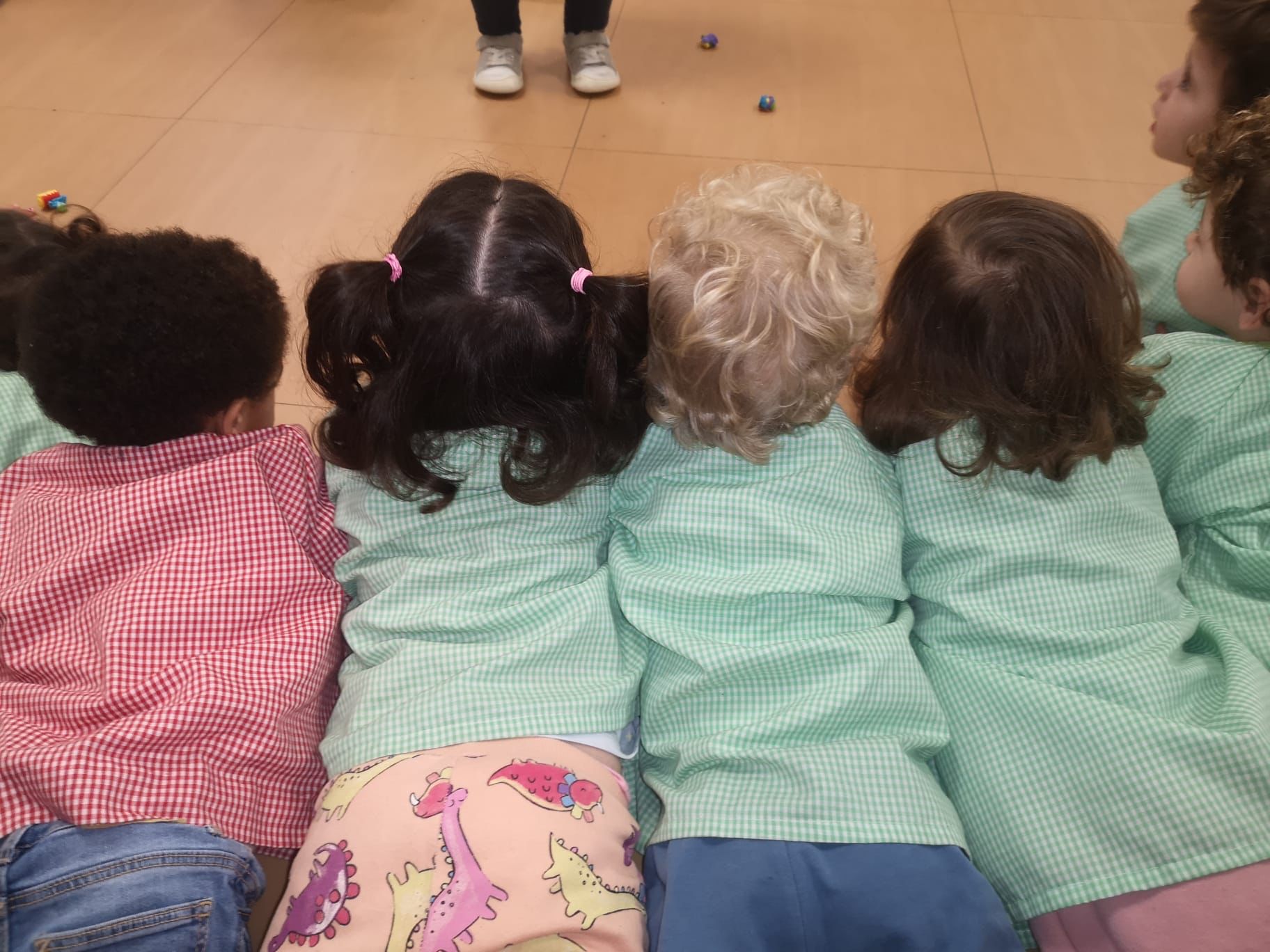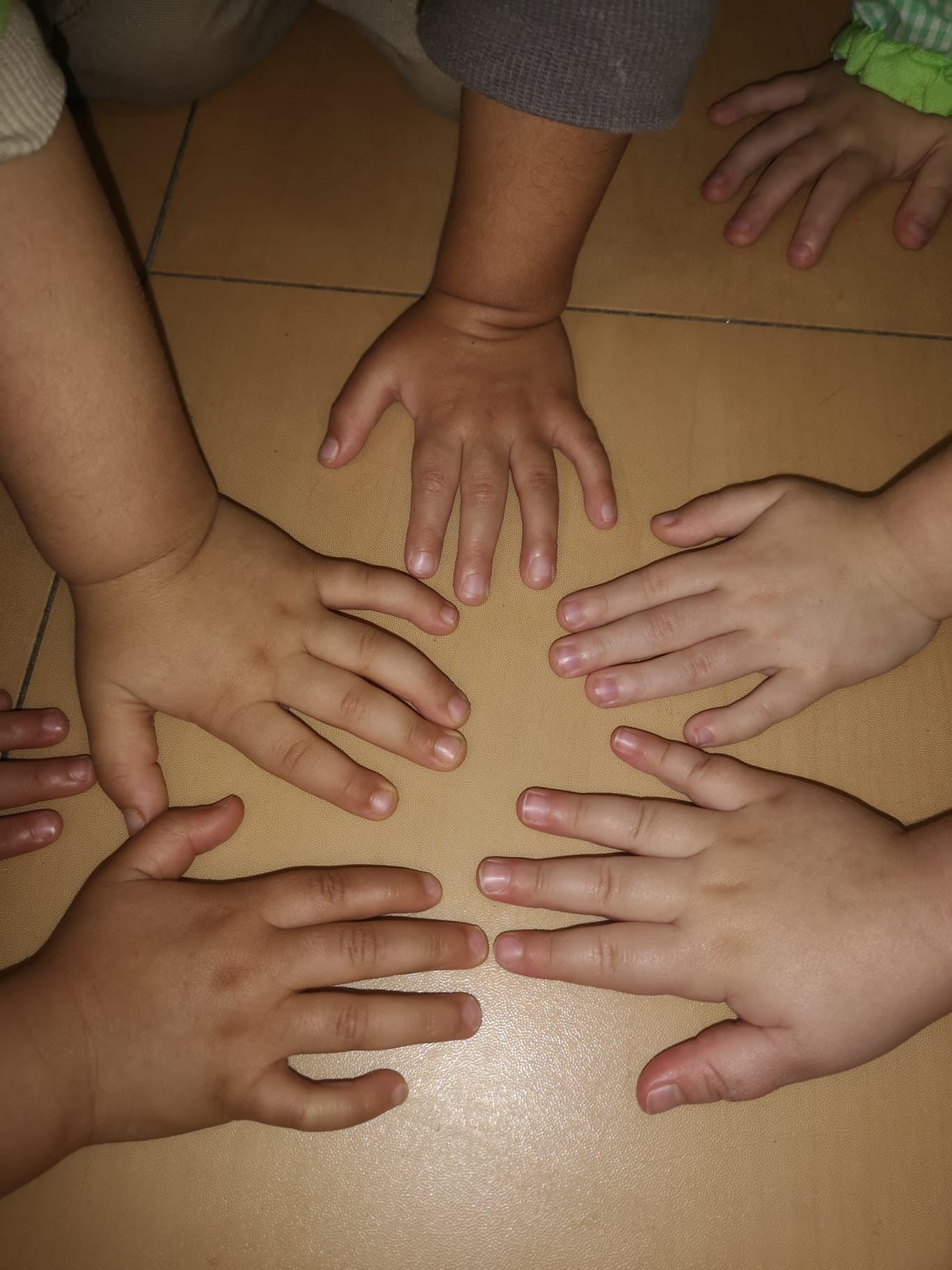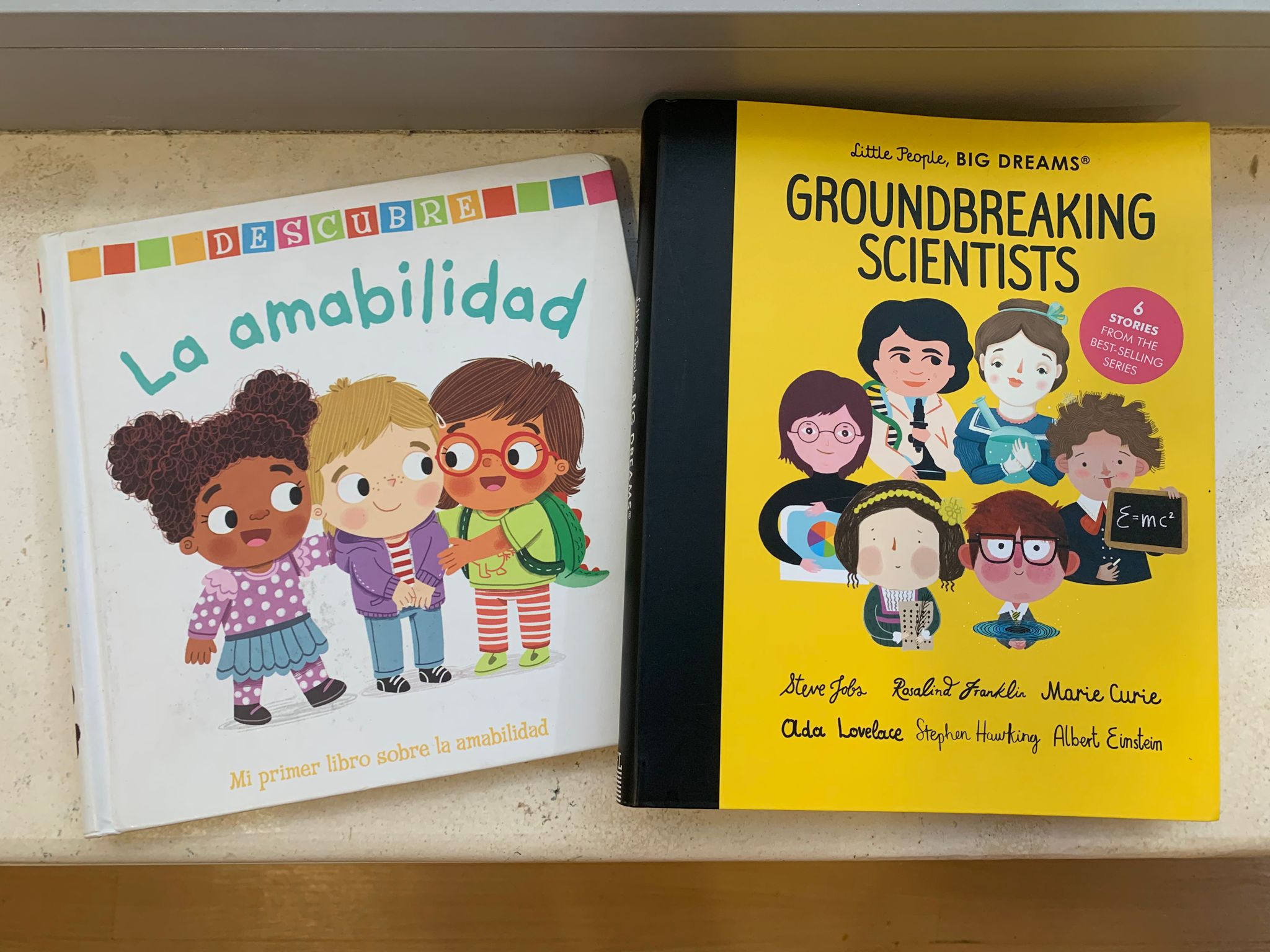In the ever-evolving global landscape, cultural diversity has become a cornerstone of our societies. Acknowledging and celebrating this diversity is not only a societal imperative but is also crucial in the realm of early childhood education. As educators, parents, and policymakers strive to shape the minds of the next generation, the importance of embracing cultural diversity in early childhood education cannot be overstated.

Why Cultural Diversity Matters:
Exposure to diverse cultures enhances cognitive development in young children. Interacting with individuals from different backgrounds fosters critical thinking skills, problem-solving abilities, and a more flexible mindset. This cognitive flexibility is a valuable asset that will serve children throughout their academic and professional lives.
Early childhood is a pivotal time for the development of social skills and empathy. Embracing cultural diversity allows children to understand and appreciate differences, fostering empathy and compassion. It helps build a sense of community and mutual respect among diverse groups, preparing children for a world where collaboration and understanding are essential.
In an increasingly interconnected world, cultural diversity is not just a virtue but a necessity. Early exposure to diverse cultures equips children with the skills needed to navigate and thrive in a globalized society. It instills an appreciation for different perspectives, languages, and traditions, preparing them to be effective global citizens.
Embracing cultural diversity in early childhood education is a powerful tool in combating stereotypes and biases. By exposing children to a variety of cultures, educators can help dismantle preconceived notions and promote an environment where everyone is seen as an individual, regardless of their cultural background.
Exposure to multiple languages from an early age can significantly impact a child's language development. Multilingual environments in early childhood education not only enhance linguistic abilities but also contribute to cognitive flexibility and problem-solving skills.

Practical Strategies for Embracing Cultural Diversity:
Introduce children to literature that reflects a variety of cultures, traditions, and perspectives. Reading stories from around the world helps children understand the richness of human experience and fosters a love for learning about different cultures.
Actively engage in celebrating cultural festivals from different parts of the world. This not only adds excitement to the learning environment but also provides children with tangible experiences that foster understanding and appreciation.
Ensure that the curriculum reflects the diversity of the student population. Include content that represents various cultures, histories, and achievements, allowing children to see themselves reflected in their learning materials.
Bring in speakers or experts from diverse cultural backgrounds to share their experiences with the children. This provides a real-life connection to the cultural lessons taught in the classroom and allows for interactive learning.

Embracing cultural diversity in early childhood education is not merely a pedagogical choice; it is a commitment to nurturing open-minded, empathetic, and globally competent individuals. By instilling these values from an early age, we empower children to become positive contributors to a world that is rich in its diversity and interconnectedness. As educators and caregivers, our role is pivotal in shaping a future generation that values, celebrates, and learns from the tapestry of cultures that make our world extraordinary.